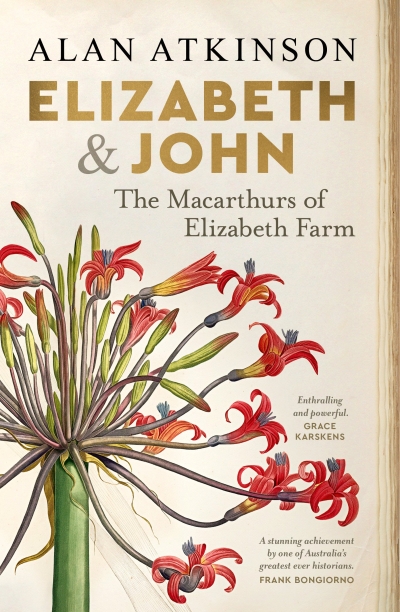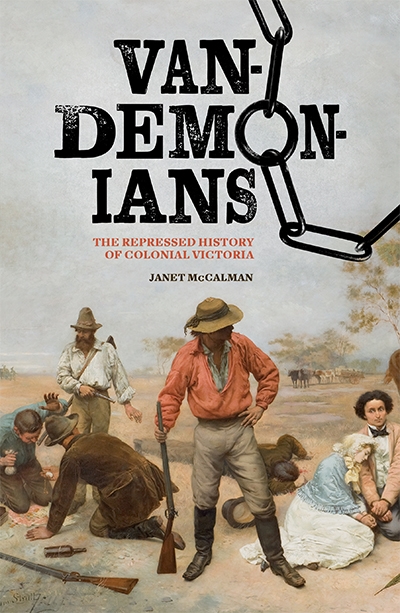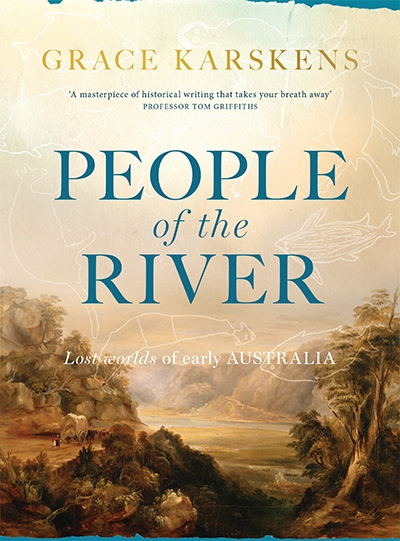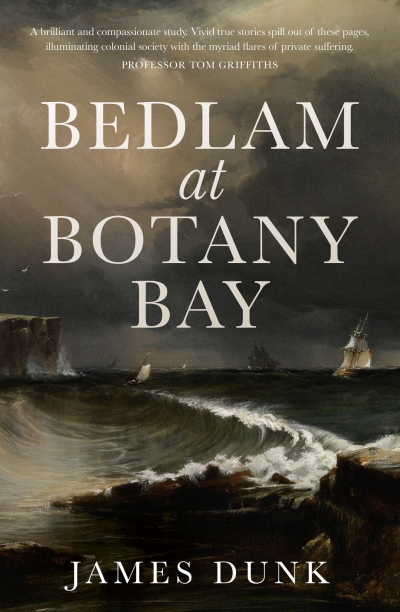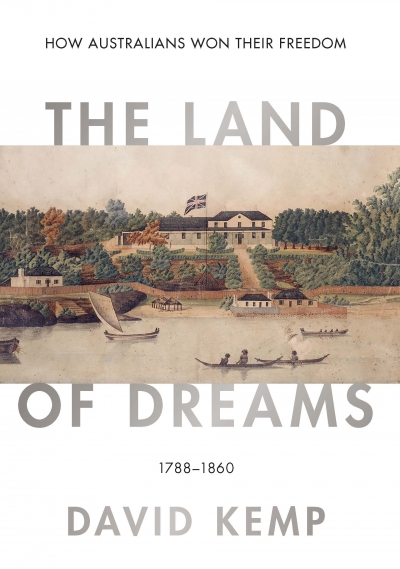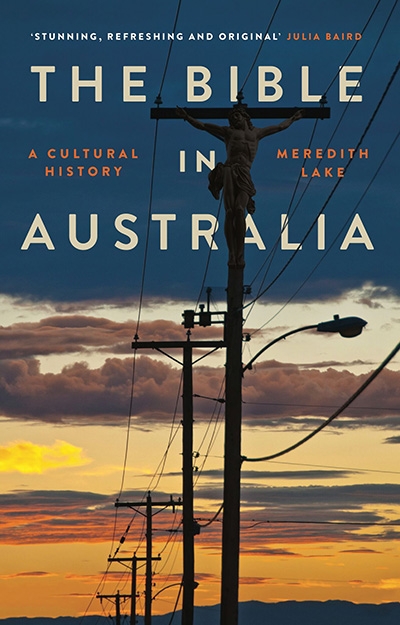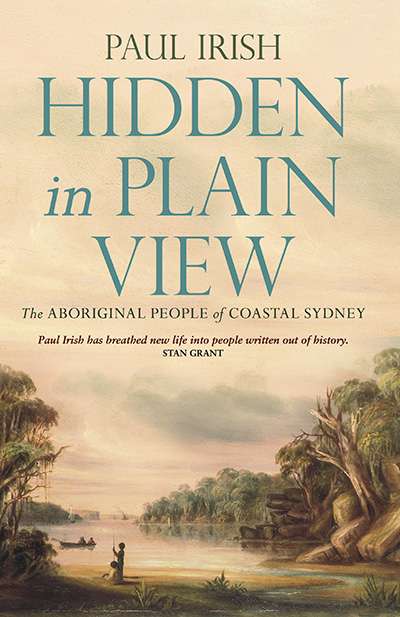Alan Atkinson
Film | Theatre | Art | Opera | Music | Television | Festivals
Welcome to ABR Arts, home to some of Australia's best arts journalism. We review film, theatre, opera, music, television, art exhibitions – and more. To read ABR Arts articles in full, subscribe to ABR or take out an ABR Arts subscription. Both packages give full access to our arts reviews the moment they are published online and to our extensive arts archive.
Meanwhile, the ABR Arts e-newsletter, published every second Tuesday, will keep you up-to-date as to our recent arts reviews.
Recent reviews
Elizabeth and John: The Macarthurs of Elizabeth Farm by Alan Atkinson
by Penny Russell •
Vandemonians: The repressed history of colonial Victoria by Janet McCalman
by Alan Atkinson •
People of the River: Lost worlds of early Australia by Grace Karskens
by Alan Atkinson •
The Land of Dreams: How Australians won their freedom,1788–1860 by David Kemp
by Alan Atkinson •
Endeavour: The Ship and the Attitude that Changed the World by Peter Moore
by Alan Atkinson •
The Sydney Wars: Conflict in the early colony, 1788–1817 by Stephen Gapps
by Alan Atkinson •
To complement our coverage of new books on the subject, we invited a number of writers, scholars, and environmentalists to nominate the books that have had the greatest effect on them from an environmental point of view.
... (read more)
